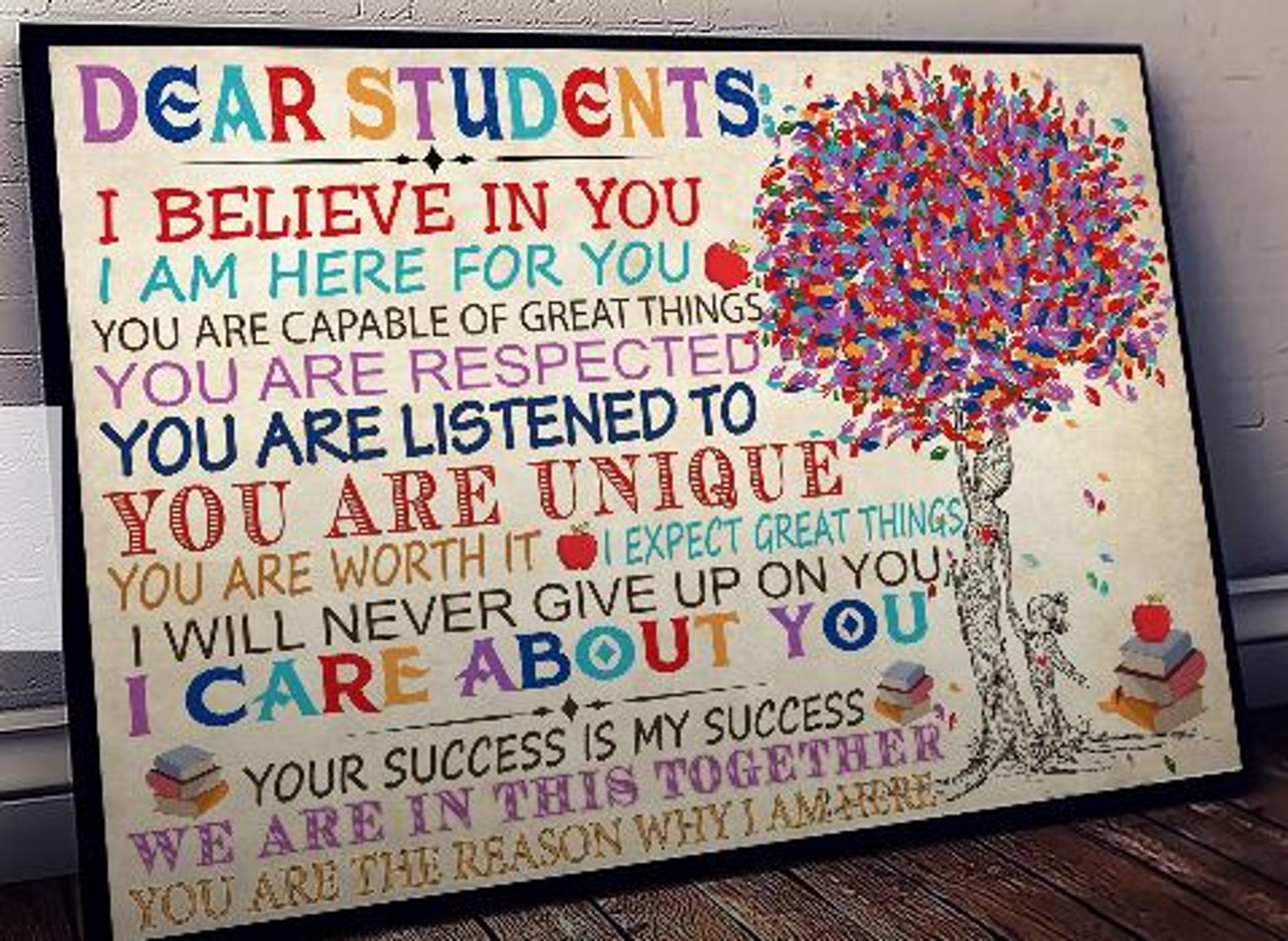September is BodyKind month
Here are just some of the recent findings from the Inaugural Body Kind Youth Survey conducted with over 1600 diverse students sharing their thoughts, ideas and experiences about their body image, and how it affects them.
With these findings it is no surprise the impact that body image has on mental health.
In preparation for Body Kind month this September, the Year 11 Wellbeing Committee participated in a Body Kind Leadership Workshop on 23 August to:
- explore body image and what influences it
- unpack what it means to be Body Kind
- understand how they can be a Body Kind role model
- make plans to be Body Kind and find ways to share during the month of September to inspire others to be Body Kind
It was wonderful to hear student’s voices on this issue and share their ideas on how they can be Body Kind to themselves and inspire others to do the same.
What are you going to do this September to be BodyKind?
There are numerous ways you can take part in BodyKind Month but it starts with understanding what does it mean to be BodyKind.
Here are some other ways you can be BodyKind or inspire others:
- Become a Body Kind Family here
https://butterfly.org.au/get-involved/campaigns/bodykindfamilies/
- Join on Tuesday 12 September 7pm (AEST) for a FREE one hour #webinar exploring:
Secure your spot now so you don’t miss out!
https://events.butterfly.org.au/portal/event/?id=EP_BCCT_Parent_Webinar477928020&Name=12/09/23
- Better understand Social media and its roles in promoting narrow appearance ideals and driving body comparison is a risk factor for body dissatisfaction and people not being kind to their body.
- Be BodyKind online by turning off likes or comments, don’t comment on people’s appearances. Even if positive, appearance-based comments, still sends the message that our appearance is important and may actually be praising an eating disorder or a chronic illness.
- Avoid using filters and remember Social media is mostly a highlight reel, and we rarely see someone’s worst day promoted online. Remember that the heavy use of digital manipulation, filters or selection of the perfect shot all help to present the version of reality that someone wants others to see!
- If you are taking a photo of yourself, avoid taking multiple photos and instead treat your phone like a film camera – one snap is all you get! Photos are meant to be merely a snippet of time and don’t have to be perfectly constructed. If you find yourself taking 100 of photos to get the perfect shot, try reducing this over time.
- Taking photos of things that aren’t related to your body or appearance can also reduce pressure. What are your other hobbies? Share this with your online following – not every photo has to be a selfie. Doing so can also give you a break from worrying about your appearance, how many likes you get, or what people will say about your image.
- Diversify your feed. Follow people who look like you and who don’t look like you. Follow people who showcase diverse bodies and follow people who disregard editing and applying filters to their photos.
- Use the tools provided in your favour. If a friend is posting content that upsets you, use the mute button – they won’t know! Other tools include blocking accounts and using nudges to remind yourself to take a break from scrolling. It’s okay to put the phone down and have a break.
For some other resources to support healthy body, try the links below:
Other resources
School TV Healthy Body series
Butterfly Foundation https://butterfly.org.au/
Talk to someone on 1800 33 4673. You can also chat online or email (8am – midnight (AEST?AEDT), 7 days a week
National Eating Disorder Collaboration NEDC
If you do have any concerns about the wellbeing of your child, please contact the school for further information or seek help from a medical professional.
Karen Surian College/School Counsellor














